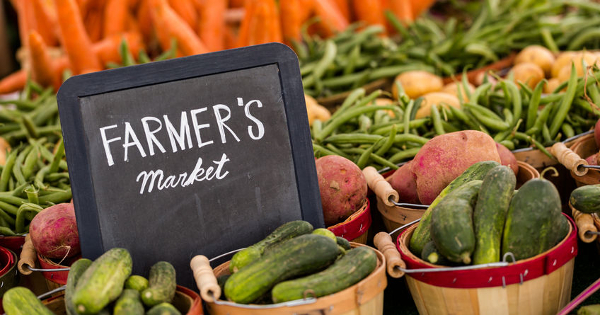In 1381, for the first and only time, the dreaded Tower of London was captured from the King of England. The forces that seized it did not belong to a foreign power; nor were they rebellious workers – they were peasants who went on to behead the Lord Chancellor and the Archbishop of Canterbury who were, after the king, the country’s leading figures. A tad more recently, in the U.S. presidential election of 1892 a radical populist movement campaigned for wealth redistribution and profound economic reform. The populists won five states. All of them were rural.
Descent from such rebels is typically claimed by unions and groups on the political left; but, over the long run of history, the most effective opponents of excessive wealth and privilege have not normally been city dwellers, workers or unions. Instead, they have usually been those with close links to food and the land, what we would now identify as the food movement.

